How Kids Are Inspiring Adults to Address Climate Change
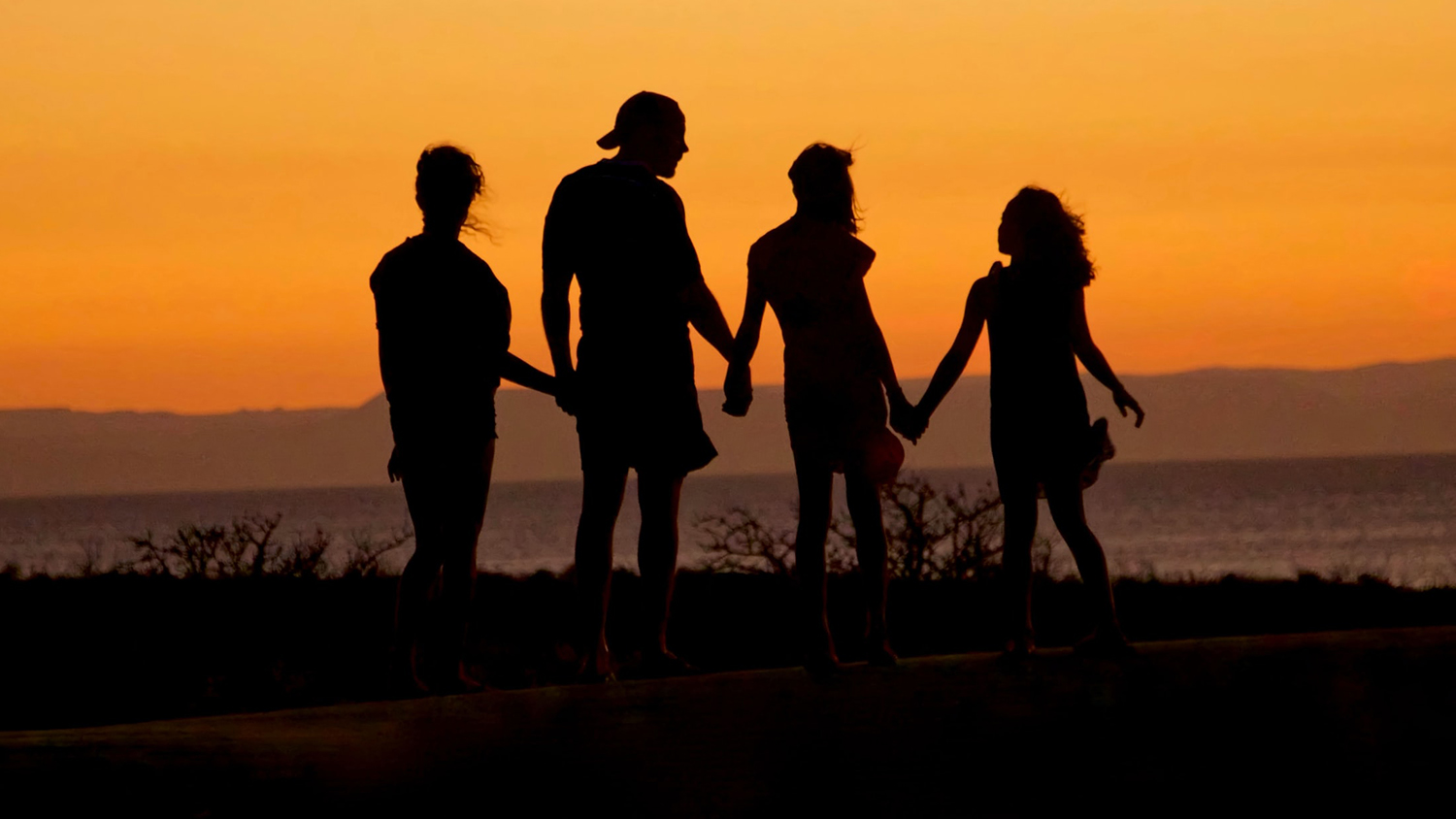
Editor’s Note:This is a guest post by凯瑟琳·史蒂文森, an assistant professor of parks, recreation and tourism management at NC State. This post is part of a series highlighting ways that NC State is helping us understand, mitigate and prepare for the气候变化的影响。This post is based on a book chapter authored by Stevenson, Danielle Lawson, Nils Peterson and Starr Biner. The chapter appears in在美国教授气候变化,于2020年4月出版。
我们经常将儿童的气候变化教育视为负责任的事情。当今的年轻人将面临与气候变化有关的巨大经济,政治和社会挑战。作为回应,气候变化教育者表达了道德上的必要性,即为当今的孩子们提供他们将需要充分解决并应对他们将承担的巨大负担所需的知识和技能。
As researchers and practitioners, my lab agrees with this view. We also think climate change education for children may simultaneously make considerable progress in bringing adults together to take action now.
A large body of research has established that climate change perceptions and behaviors have less to do with how good people are at understanding science and almost everything to do with worldviews and politics. The science is clear, but some people have a hard time accepting it or acting on that information. Accordingly, barriers to the collective action we need to avoid the worst impacts of climate change are heavily tied to political or ideological polarization around the issue, with people digging in their heels instead of coming together toward solutions.
We think children may help adults set aside ideological biases and unite in a collective response to climate change. Numerous examples of social changes movements (e.g.,civil rights,公园领导的枪支管制法)建议青年可以促使成年人采取行动,朝着更加可持续和公正的未来发展。我们建议在气候变化的背景下可能是正确的,并且它可能已经发生。
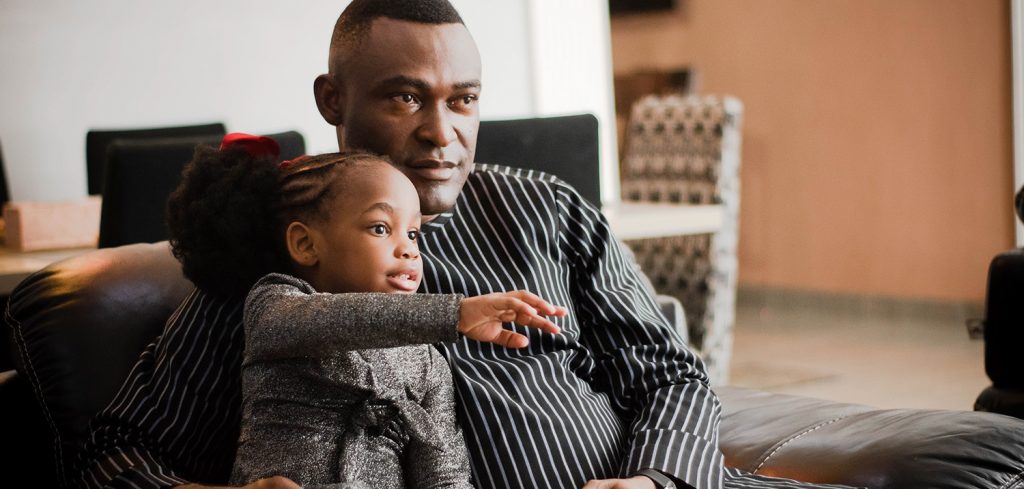
How our research contributes to this conversation
我运行数控State Environmental Education Lab。在过去的八年中,我们和我们的合作者一直在研究北卡罗来纳州的气候变化教育。数控Sea Grant。What we’re learning is both indicting and hopeful. Children seem to understand that adults have caused climate problems that kids will have to deal with. However, the children are also doing what they can to motivate action.
首先,孩子似乎比成年人更好地将气候变化与政治背景区分开。
众所周知,气候变化是一个高度政治化的问题。政治意识形态一直是气候变化观念的主要驱动力之一,无论人们对科学有多了解。这可能是因为政治会影响我们寻求的信息类型以及我们如何解释信息。实际上,一项研究发现,在科学和数字上更好的人的气候变化风险感知是更多的偏振。
Kids, however, seem to behave in the opposite way. We did2012年的一项研究发现在低水平的气候变化理解下,孩子的两极分化与成年人一样两极分化。但是,当他们更多地了解气候变化背后的科学时,意识形态驱动的两极化就会消失。
其次,当孩子们了解气候变化时,他们想对此做些事情。气候变化沟通通常只会与已经倾向于同意的不同成年人群体产生共鸣。基于我们的第一项研究,我们发现各种各样的儿童可以学习气候变化并与科学界令人兴奋的结论相似的可能性。
儿童是父母最值得信赖的信息来源之一。
To test our hunches stemming from the 2012 study, we worked withthe State Climate Office of North Carolina,数控Wildlife Resources Commission, other researchers at NC State, and classroom teachers to write and evaluate专注于气候变化和野生动植物的课程。The curriculum was standards-aligned and focused on how climate change impacts wildlife species, what wildlife managers are doing to make wildlife resilient to climate change, and what students could do to reduce their own carbon footprints.
我们发现该课程帮助孩子们学习气候变化背后的科学。那些了解科学的人也更加关注和充满希望,这导致了更大的行动动力。对于全面的学生来说,这是正确的。因为孩子对气候变化有不同的看法,所以我们开始怀疑他们是否会帮助成年人的思考不同。事实证明他们可以。
最后,儿童可以促进父母之间的气候变化关注,超越政治鸿沟。儿童是父母最值得信赖和意识形态中立的信息来源之一。此外,孩子们将在未来几十年中感到首当其冲的气候变化影响。
The unique relationship between parents and children may create a context in which children could overcome the barriers that normally dissuade people from talking about or thinking about climate change. For example, a former U.S. Congressman and climate change denier, Bob Inglis, noted that his son was the reason he chose to change his climate change perceptions;他现在为有效的气候政策而战。
我们在a 2018 study并发现孩子们可以促进气候变化的关注。
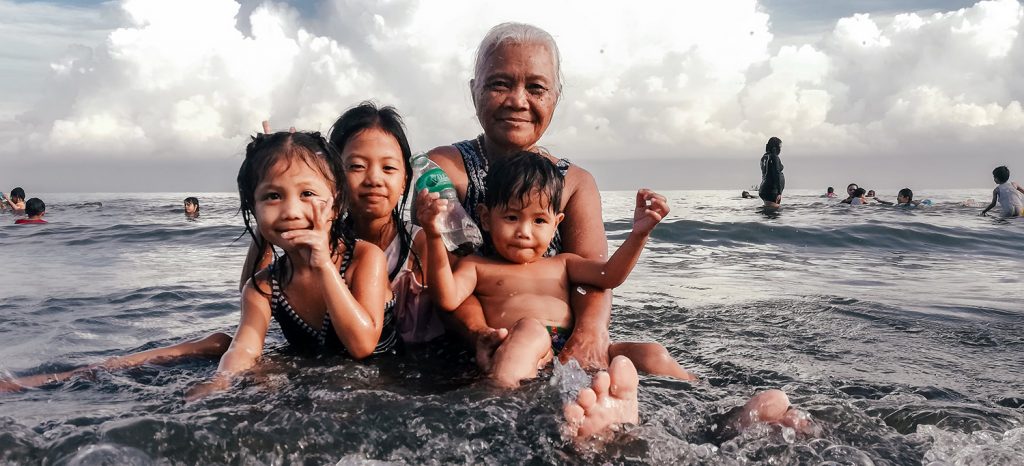
2018年的研究中,我们用了同样的野生动物咕咕叫iculum we had used in 2012 and added two major elements. First, we incorporated a service-learning component that got kids into their communities, addressing a cause or impact of climate change. Research suggests these local connections makes the learning more relevant and long-lasting. Second, we asked students to share what they were learning with their parents. These parent-child conversations were loosely structured to facilitate open dialogue. Students shared what they had been doing at school and asked their parents what they thought.
As before, we surveyed students to understand what they learned from the climate change curriculum. This time we also surveyed parents. We found that, like last time, climate change concern increased for children. But it also increased for parents. This was true for everyone, on average. But it was especially impactful among conservatives, among men, and when daughters were the ones bringing home the information. These results were particularly striking to us because保守派和男人通常是最持怀疑态度的或对气候变化的冷漠。
Where we are going next
Children are eager and able to take an active role in combating climate change, and are poised to transform society in ways that will be necessary to avoid the most catastrophic impacts of climate change. This process may not be smooth or immediate, but history suggests change can and will result from these youth-based efforts. We are hopeful that K-12 climate education, and research on it, can highlight success stories and uncover ways to ensure children are given the best chance to lead us into a future that overcomes challenges posed by climate change.
We have a few follow-up studies that focus on understanding the mechanisms of this work and how far it can take us. We plan to interview parents and examine social media posts around reactions to our work. We also plan to examine how this process might work in specific cultural contexts (e.g., in agricultural communities, among first generation immigrant families in which children are the primary English translators) as well as how far it may reach. For instance, did children impact climate concern among parents because of the unique parent-child relationship, or will this work with other adults? If we empower children to have conversations about climate change, can they shift thinking in entire communities? Stay tuned to the work our lab is doing – and pay attention to where the children are leading us.


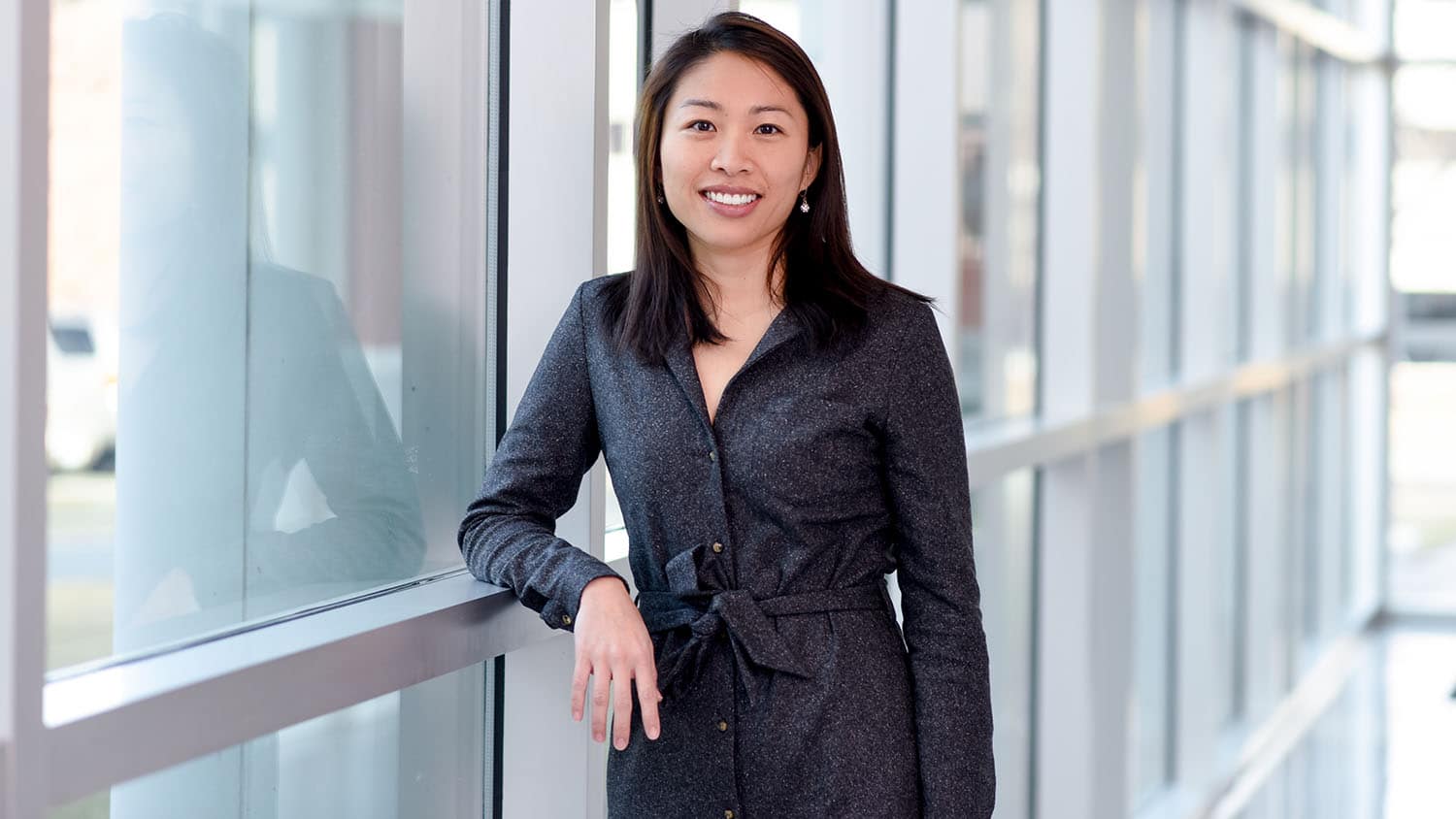
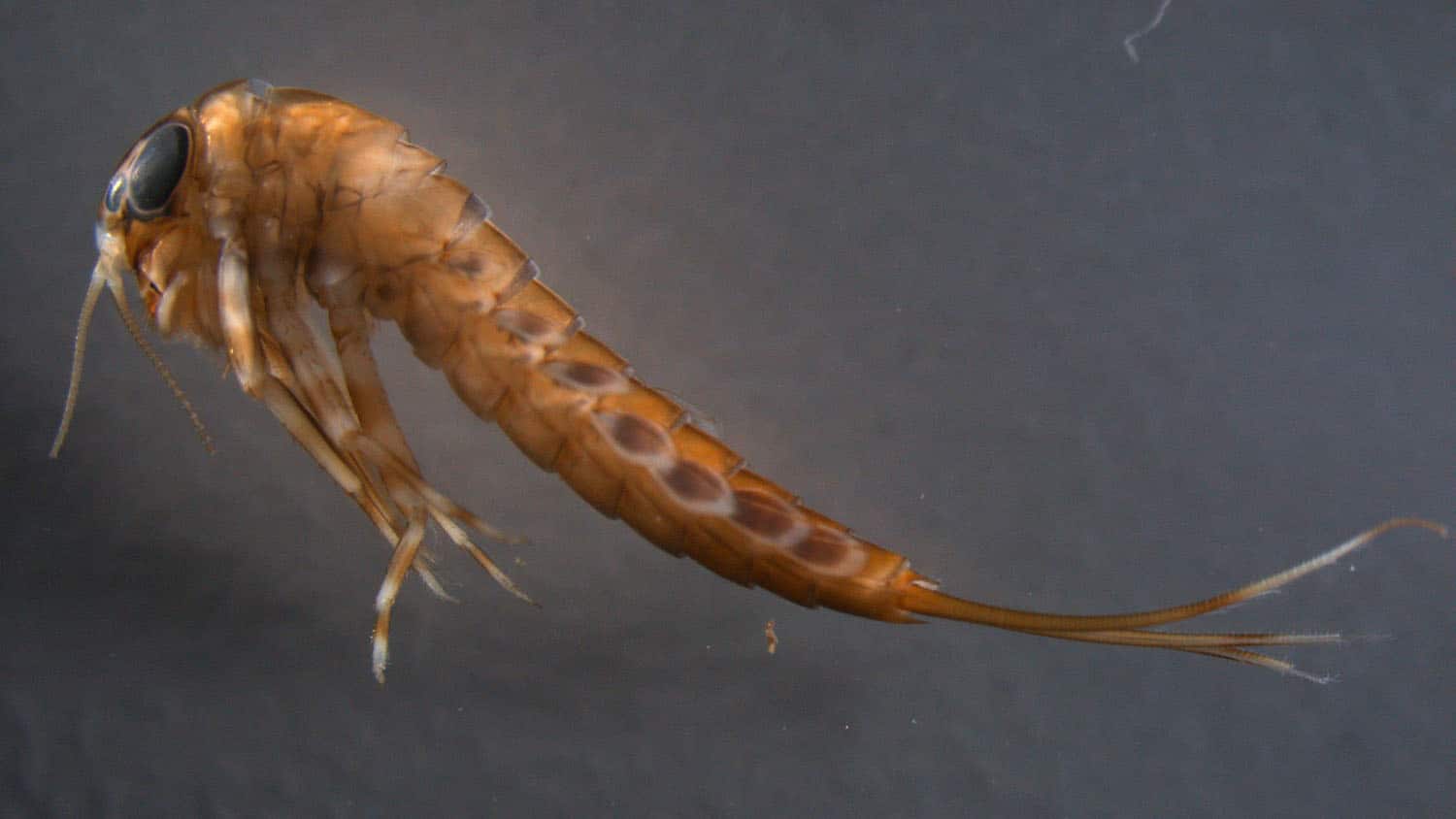
This is disturbing. It’s orwellian. The idea that climate alarmists should brainwash children since they can’t convince adults is evil. “Political ideology is consistently one of the major drivers of climate change perceptions…” is one of the few accurate statements, but it is the alarmists who make it political since the science refutes the disaster of climate change. “Experts” and “scientists” have been predicting climate change disaster for at least a hundred years and are still wrong.
是什么让你觉得你是对的?科学不会驳斥,但可以证实人为引起的全球变暖,其影响以及行动的必要性(https://nca2018.globalchange.gov/). What is disturbing is unbelief in the face of incontrovertible evidence. The idea that scientific predictions are wrong is wrong. Children need to be armed with facts, so as to help save themselves from inheriting the decisions made by adults that refuse to acknowledge the factual and obvious unless it aligns with their ideological bent.